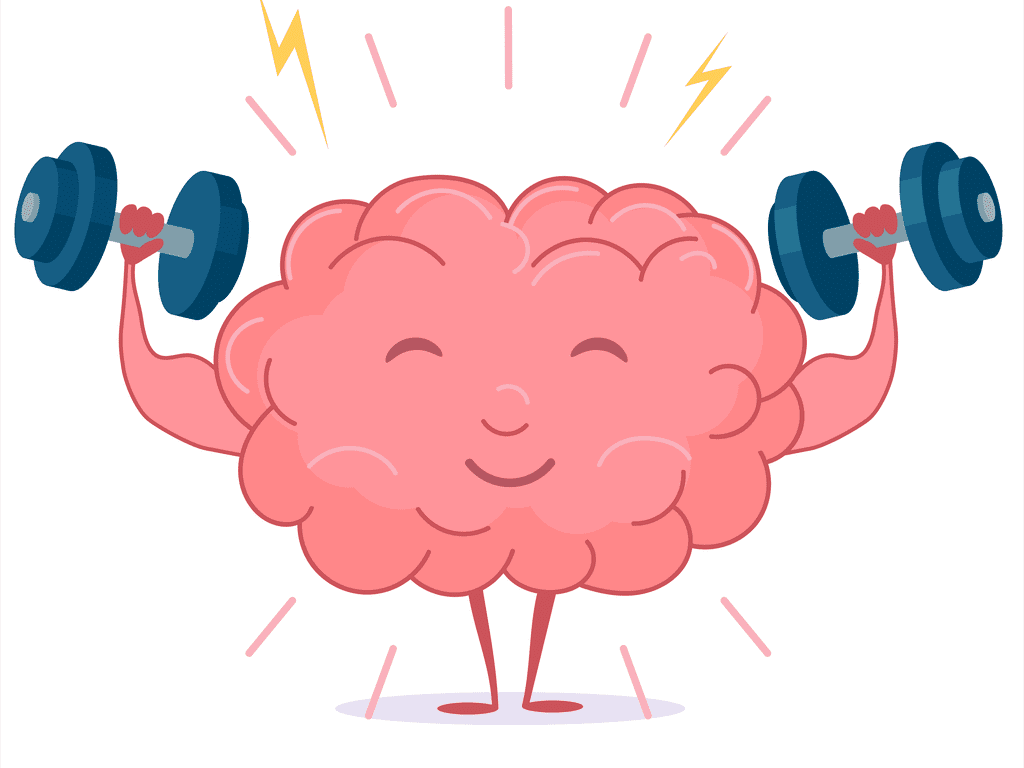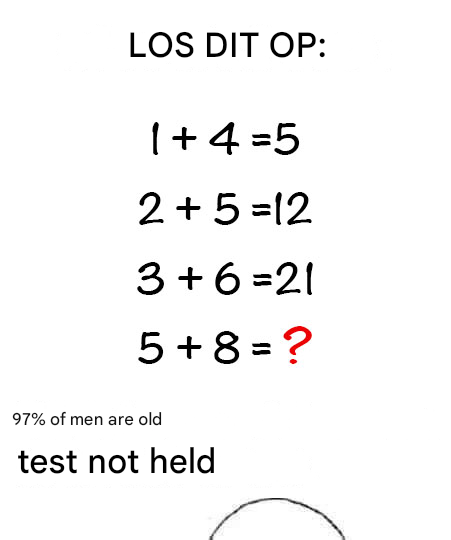Puzzles are not just fun brain teasers to pass the time. They offer a variety of benefits for our brain and mental well-being. But why is our minds so fascinated by these mysterious challenges? And what hidden benefits can they offer us on a daily basis? Prepare to train your brain cells as you discover a surprising logic in an unusual equation!
Why solving puzzles stimulates your brain

Have you ever felt a sense of accomplishment after finding the solution to a complicated puzzle? This enjoyment goes far beyond the pure feeling of victory. In reality, solving a puzzle can be compared to a detective connecting separate clues to arrive at a coherent solution. Here are the main advantages:
Improved cognitive abilities
Puzzles stimulate memory, concentration and critical thinking. Every time you start looking for a pattern or hidden logic, you use your brain with a real mental gymnastics exercise to make it more agile.
The result: a sharper mind and a better ability to solve everyday problems.
Encourages creativity
Some puzzles require you to think differently. Sometimes the solution does not lie in traditional logic, but requires an original approach. This ability to think outside the box is valuable, both professionally and privately.
Stress
By immersing yourself in a puzzle, you can free yourself from daily worries. This moment of intellectual escape helps calm the mind and relieve stress.
In the group, solving puzzles even becomes a fun and social activity that stimulates sharing and strengthens bonds.
Let’s decipher a mystery: find the hidden model
Ready for a challenge? Try to understand the order of these equations:
Copying the code
1 + 4 = 5
2 + 5 = 12
3 + 6 = 21
5 + 8 = ?
At first glance, these equations seem to violate the rules of mathematical logic. How do you achieve such results? Let’s take a look together!
The key to the riddle: a cumulative logic
To solve this puzzle, we need to change our perspective. Here is the step-by-step solution:
